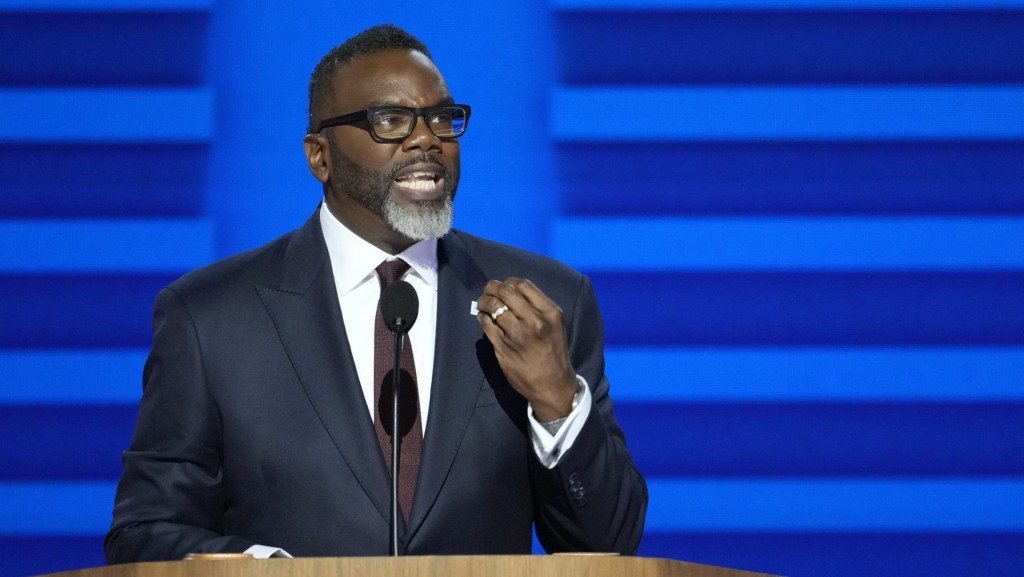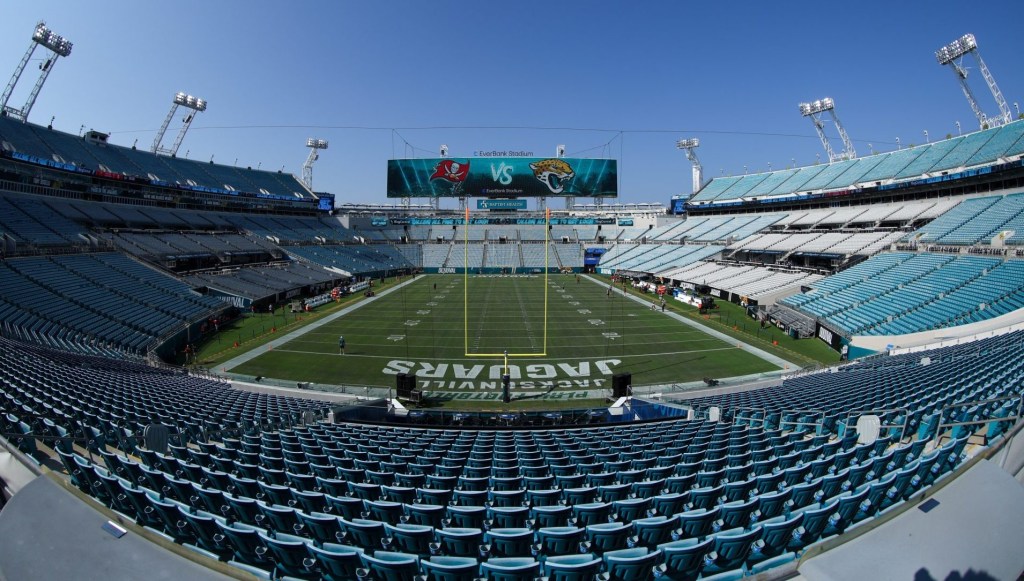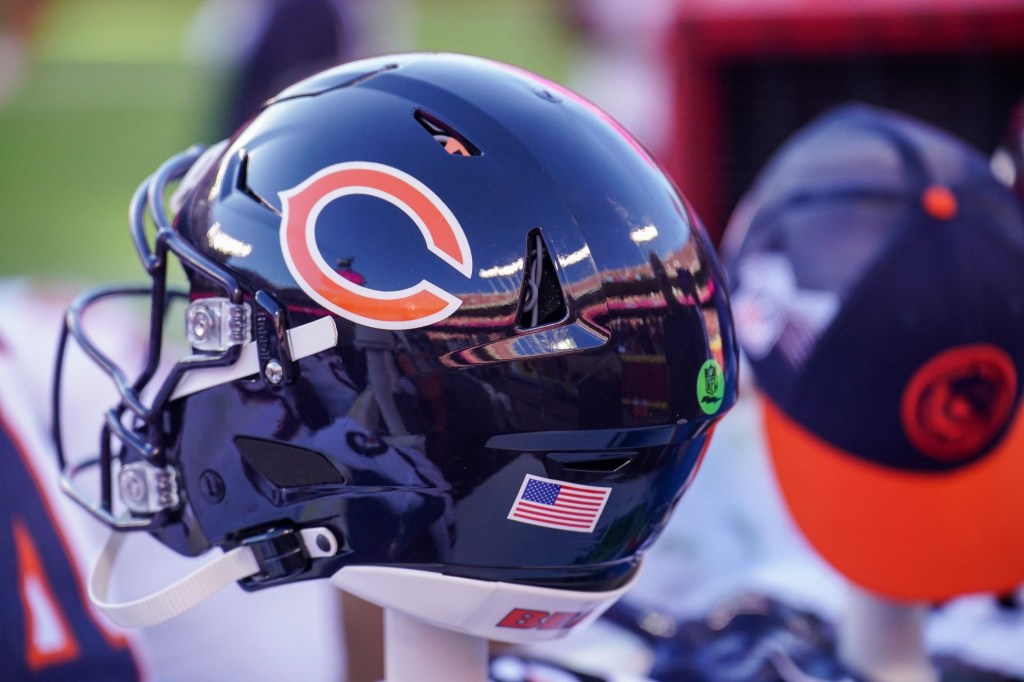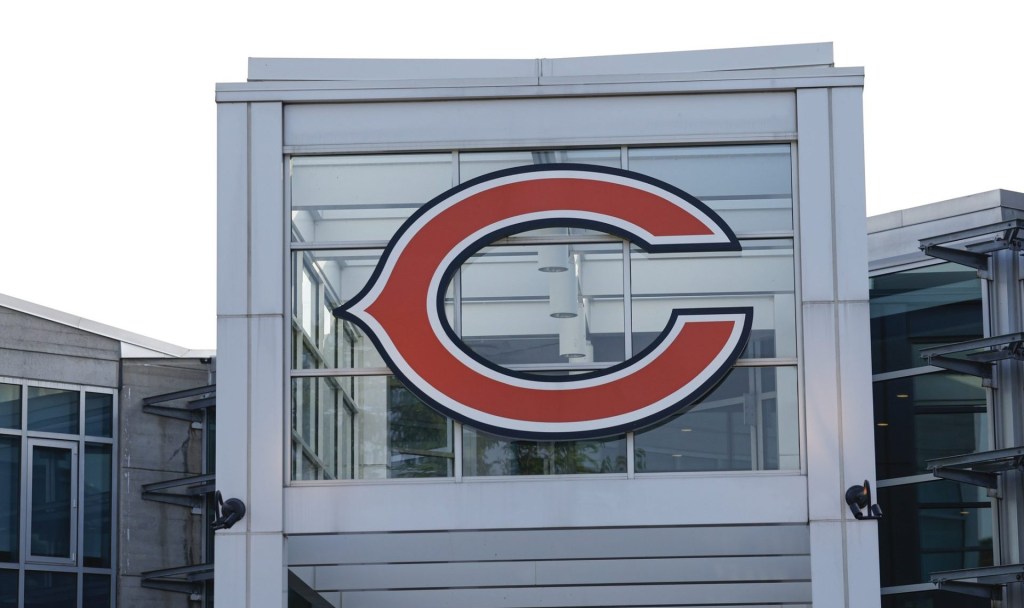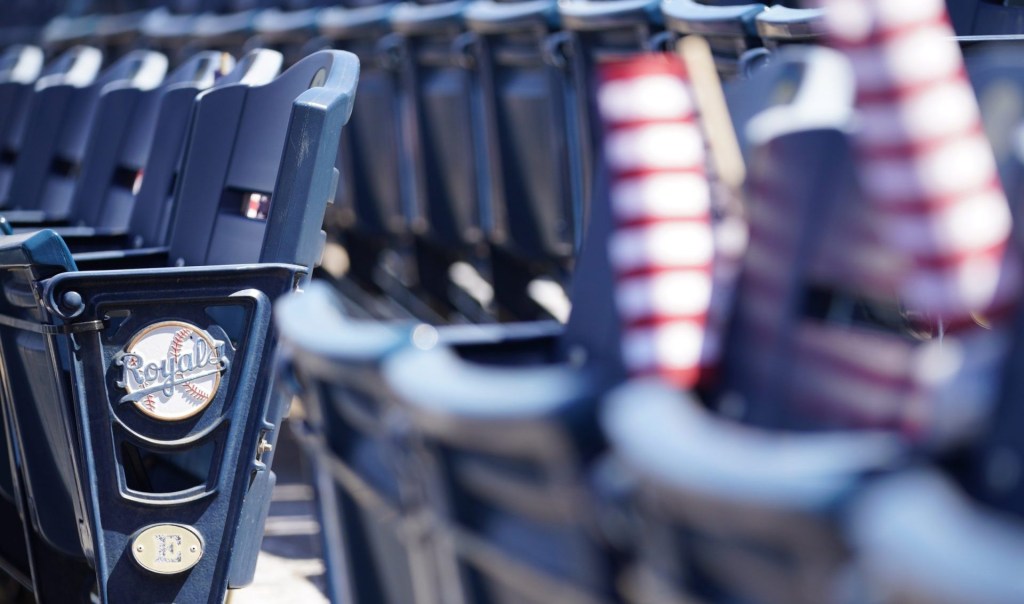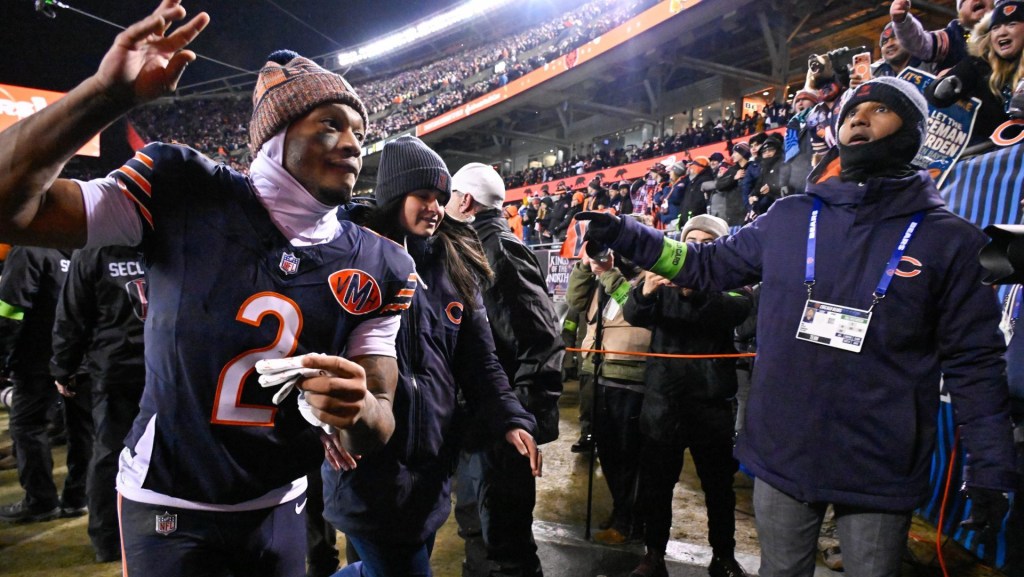The good news for the NHL’s former Coyotes franchise is that owner Alex Meruelo is in active conversations with Phoenix mayor Kate Gallego about the possibility of a new arena. The bad news is that Gallego remains firmly opposed to some core parts of a potential Coyotes arena plan.
As the team has relocated to Utah and been sold to a group led by Ryan Smith—setting off a five-year window for Meruelo to revive the Coyotes—Gallego’s office late Thursday confirmed a meeting held earlier this month with the owner. The mayor’s representatives called the session “productive,” but emphasized that public funds should not be part of the project.
“The mayor believes professional hockey can thrive in the desert, but also made clear that she does not support using taxpayer funds, including property tax abatement, for sports arenas,” Gallego’s office said in a statement.
Prior arena plans released by the team have centered on a privately funded arena, but also creating a special theme park district with taxing authority within it, and using those funds to help finance the project. Whether that aligns with Gallego’s firm stance against taxpayer funds will be the subject of further talks. But already, the Meruelo plan has begun to draw other local opposition.
The meeting between Meruelo and Gallego also precedes a public land auction scheduled for June 27. Much of the franchise’s hopes are tied to that event, where Meruelo intends to secure a 110-acre parcel of state-owned land in north Phoenix, initially appraised at $68.5 million.
Winning that land would represent a critical step forward for Meruelo, but only an initial one with many more hurdles likely still ahead of him.
Back in Las Vegas
The Las Vegas Stadium Authority, meanwhile, recently reviewed a non-relocation pact from MLB’s A’s, marking the third of four primary agreements the authority must approve as part of the previously sanctioned $380 million in state funds for a planned ballpark along the Las Vegas Strip, and tying the team to the market for at least 30 years.
Two prior components—a core lease agreement and a community benefits plan—were previously presented. The fourth part, a development agreement for the ballpark, has yet to arrive and is perhaps the most critical component. There, the club and its owner, John Fisher, will detail how they will pay their share of the projected $1.5 billion total stadium cost.
That team chunk, set to exceed $1.1 billion, also intersects with Fisher’s recent hire of veteran sports finance firm Galatioto Sports Partners to help secure investors to help fund the project.
“I think the A’s have been pretty darn clear about what they’re doing—they’re coming,” said Steve Hill, stadium authority chair. “They said they can finance the stadium, and they are going to play baseball here in 2028. Frankly, I think it’s just fun for some to create some drama around it, and that’s happening. … But it doesn’t change the facts of the matter, which is [that] they’ve said what they’re going to do, and they’re just doing it.”
Like the situation in Phoenix, the planned ballpark development in Las Vegas is one of the most noteworthy facility projects, either proposed or in progress, across the entire sports industry.
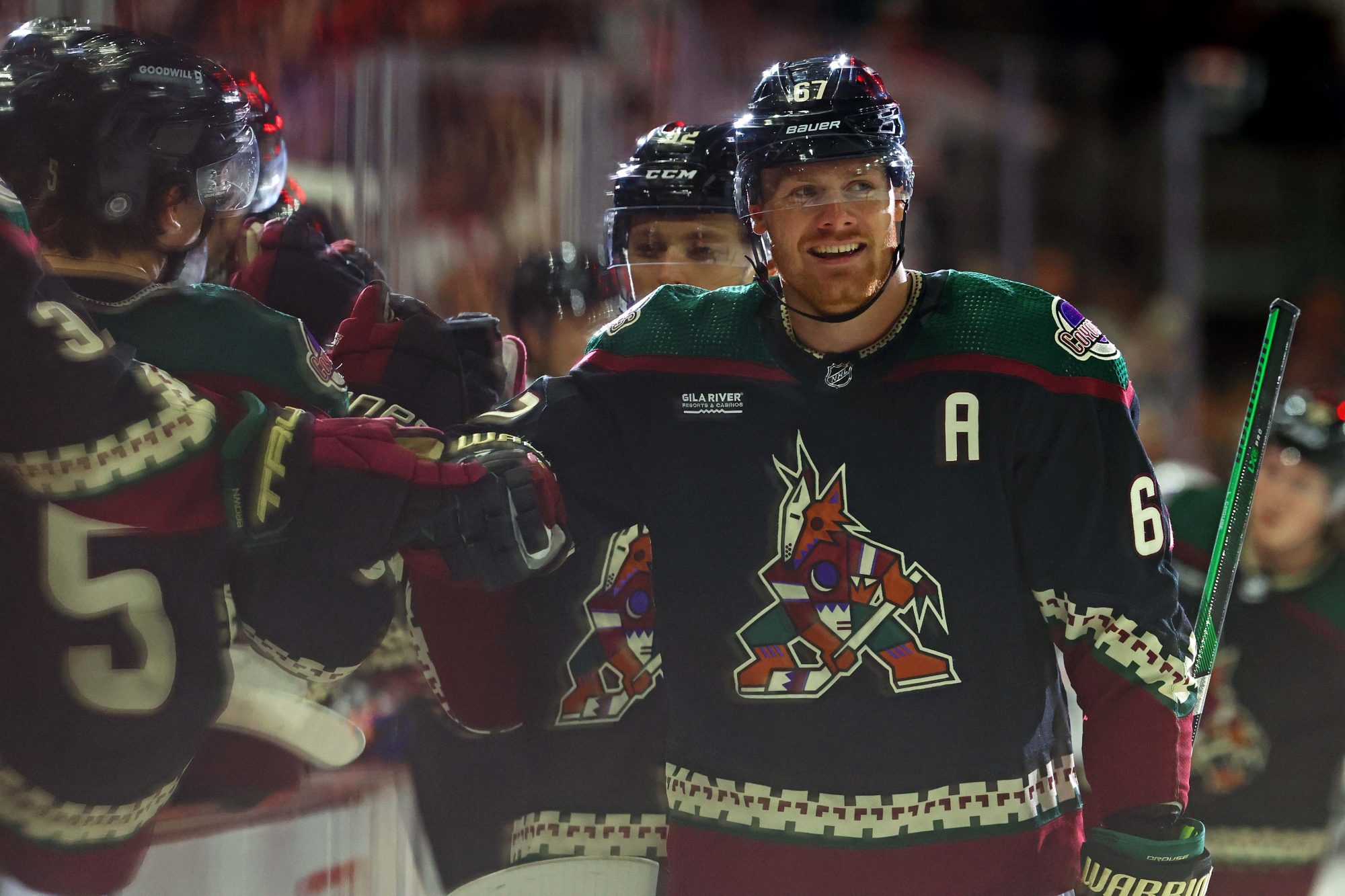

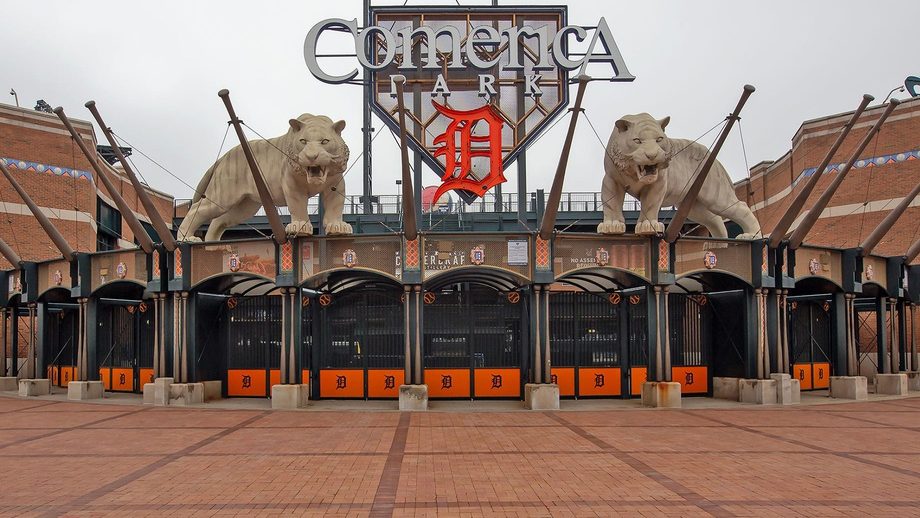




![[Subscription Customers Only] Jun 15, 2025; Seattle, Washington, USA; Botafogo owner John Textor inside the stadium before the match during a group stage match of the 2025 FIFA Club World Cup at Lumen Field.](https://frontofficesports.com/wp-content/uploads/2026/02/USATSI_26465842_168416386_lowres-scaled.jpg?quality=100&w=1024)
![[Subscription Customers Only] Jul 13, 2025; East Rutherford, New Jersey, USA; Chelsea FC midfielder Cole Palmer (10) celebrates winning the final of the 2025 FIFA Club World Cup at MetLife Stadium](https://frontofficesports.com/wp-content/uploads/2026/02/USATSI_26636703-scaled-e1770932227605.jpg?quality=100&w=1024)
